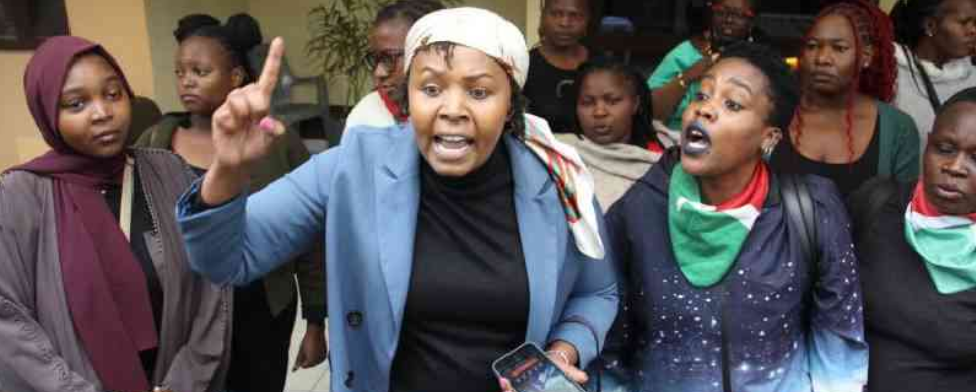Thoughts on the Mo Ibrahim Leadership award 2015
- Irungu Houghton

- Mar 5, 2015
- 2 min read
On March 2, the prize committee of the Mo Ibrahim Foundation awarded the 2015 Mo Ibrahim Leadership Award to former Namibian President President Hifikepunye Pohamba. Reflecting on a few of the questions asked of me, I offered these thoughts
1. Does it make sense to give already wealthy presidents $5 million? Is it an incentive to African president to strive for excellence? Although this is the largest cash prize for leadership globally, it is not really about the money. It is about identifying servant leaders and generating a public dialogue about building democratic societies in Africa. Prestige is often fuelled less by the money than by the symbolism of public recognition.
2. And what is your overall view of this award? Is it more effective to channel this money towards institution building rather than individuals as President Obama remarked in Ghana “Africa does not need strong men but strong institutions”? If I was giving the award I would focus more on institutions and involve citizens more in the selection process. It would be interesting to crowdsource citizen’s views on possible prize awardees half way through final tenure to encourage better performance. However, I am not Mo and I don’t have US$5 million to give away each year.
3. Who is to decide a leader is good? Mo Ibrahim or the people themselves? You would imagine that the legacy of leaders in most countries remains a contentious issue. The award is based on the political, economic and social trends captured by one of the most governance comprehensive indexes on Africa. Obviously a more powerful legacy is the way a leader is respected by the public after they leave office. Too many leaders flee their countries or live in constant worry of arrest for crimes committed while in office.
A more worrying tradition for me is the election of the African Union chairperson. The regional rotational principle allowed probably one of the worst autocrats currently in office, Robert Mugabe to be elected to represent Africa in 2015. Is it not time for the African Union to adopt criteria based on its own norms and policy standards? Perhaps this prize could be awarded in Addis prior to the January African Union summits to energise the selection processes. Location matters.
4. Can we compare the leadership qualities needed to govern a small country of half a million people to those required to ran a country like Nigeria with complex social, political and economic challenges?
While scale may differ the principles remain the same. The capacity of vision, anticipation, service, humility, charm and care are important whether leaders are running a local school, a country with a population of one million or another of over a hundred million. Complexity is important but the type of choices leaders make, are the decisive factor. In this regard, the Mo Ibrahim Foundation could do more to share some of the specific choices their nominees make. There is power in the anecdotes of former Cape Verdean President Pires leaving office carrying only his humility. That is servant leadership. That, is a story that can inspire Africa.




Comments